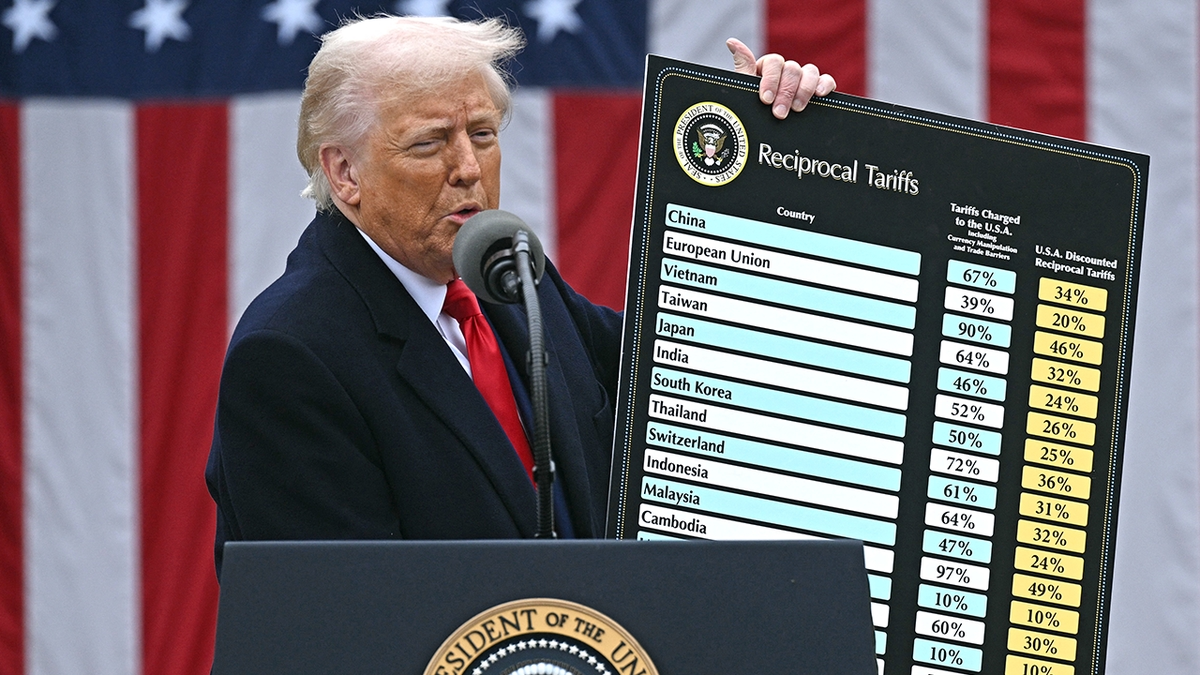Gold in 2025: Boom or Bust? Here’s What You Need to Know
🟡 Will Gold Prices Stabilize or Continue to Rise?

Gold has long been a universal symbol of wealth, stability, and trust. From ancient civilizations using it for trade, decoration, and even spiritual purposes, to modern economies relying on it as a hedge against financial uncertainty, gold consistently holds a special place in global finance.
In recent years, especially amid rising inflation, geopolitical tensions, currency fluctuations, and shifting interest rates, gold has once again demonstrated its enduring value as a safe-haven asset.
But with gold reaching new all-time highs, many investors are left wondering:
Will gold prices stabilize now, or are we merely at the beginning of a much longer upward journey?
For more insights on this topic, you can read our in-depth analysis here:
Gold Market Trends 2025: What Investors Should Know.
📈 Recent Gold Price Trends
Over the last two years, gold has experienced a noticeable surge in value. The metal broke above key resistance levels multiple times and reached record highs in some markets. The reasons behind this rally are many, but they mostly revolve around one thing: uncertainty.
Here’s what has been pushing gold upward:
Global inflation: From the U.S. to Europe and emerging markets, inflation has been a major concern. This eroded the value of paper currencies and made gold more attractive.
Interest rate decisions: While central banks raised interest rates to fight inflation, they also signaled caution, which gave gold room to grow.
Geopolitical instability: Ongoing tensions in Eastern Europe, the Middle East, and parts of Asia have shaken investor confidence.
Demand from central banks: In 2023 and 2024, central banks made record gold purchases, adding strength to the price rally.

—
🧠 Is Gold Still a Safe Haven?
Historically, gold is considered a “safe haven” asset — something people invest in when they feel the financial system is unstable. That idea hasn’t changed. When stock markets fall or currencies weaken, gold usually rises. Why? Because it’s physical, limited in supply, and holds intrinsic value.
Even in 2025, with the rise of cryptocurrencies and digital assets, gold remains a go-to asset for cautious investors.

—
📊 What Influences Gold Prices Now?
To understand whether gold will stabilize or rise further, we need to understand what drives its price today. Here are some key factors:
1. Inflation Expectations
Gold is often used as a hedge against inflation. If people expect inflation to return, gold could continue to rise. However, if inflation cools and remains stable, gold might settle down or even correct slightly.
2. Interest Rates
Gold doesn’t produce income — no interest or dividends — so when interest rates are high, other investments may seem more attractive. But if central banks lower rates to boost growth, gold could benefit again.
3. The U.S. Dollar
Gold and the U.S. dollar usually move in opposite directions. When the dollar weakens, gold becomes cheaper for foreign buyers, increasing demand. A strong dollar can put pressure on gold prices.
4. Geopolitical Risks
Wars, political instability, or financial crises often cause investors to move into safer assets — and gold is one of the top choices.
5. Demand from Investors and Central Banks
More people are buying physical gold, gold ETFs, and gold-related assets. Central banks, especially in emerging markets, are also increasing their gold reserves to reduce dependence on the dollar.
silver-in-2025-trends-predictions

—
🪙 Will Gold Stabilize in 2025?
Now that we understand the drivers, what’s the outlook for gold?
Some analysts believe gold will stabilize around current levels. They argue that:
Inflation is slowing.
Interest rates are expected to remain stable or only slightly lower.
Central bank gold buying may not increase at the same pace.
But others are more bullish. They think gold could rise even further, especially if:
New conflicts or crises emerge.
Inflation flares up again.
The U.S. dollar weakens sharply.
Economic slowdown forces central banks to cut rates.
The truth is: both scenarios are possible, and the outcome depends on how the global economy performs in the next 6–12 months.
—
💰 Should You Invest in Gold Now?
It depends on your financial goals.
✅ Good reasons to invest in gold:
Long-term store of value: Gold has preserved wealth for thousands of years.
Protection against inflation: Still one of the best hedges available.
Diversification: Gold adds balance to a portfolio full of stocks or real estate.
⚠ But consider these risks:
Price volatility: Gold can drop quickly in times of optimism.
No income: You won’t earn interest or dividends.
Market timing: If you buy at a peak, short-term losses are possible.
Experts usually recommend that investors allocate 5–10% of their portfolio to gold — enough to provide stability, but not too much to limit growth in other areas.
—
🔍 Final Thoughts
Gold remains one of the most fascinating and trusted assets in the world. Whether it stabilizes or rises further depends on a combination of economic data, investor sentiment, and global events.
For now, gold is holding its ground, supported by cautious optimism, continued demand, and the ever-present shadow of uncertainty. If you’re thinking of investing, do your research, consider your goals, and remember: gold isn’t about getting rich quick — it’s about preserving what you already have.

Sources & References:
MarketWatch: Gold prices could hit $3,000 per ounce in 2025, Goldman Sachs says
World Gold Council Reports 2025 Outlook (gold.org)
CNBC Markets: Gold Outlook 2025: Risks and Opportunities
Share this content:





